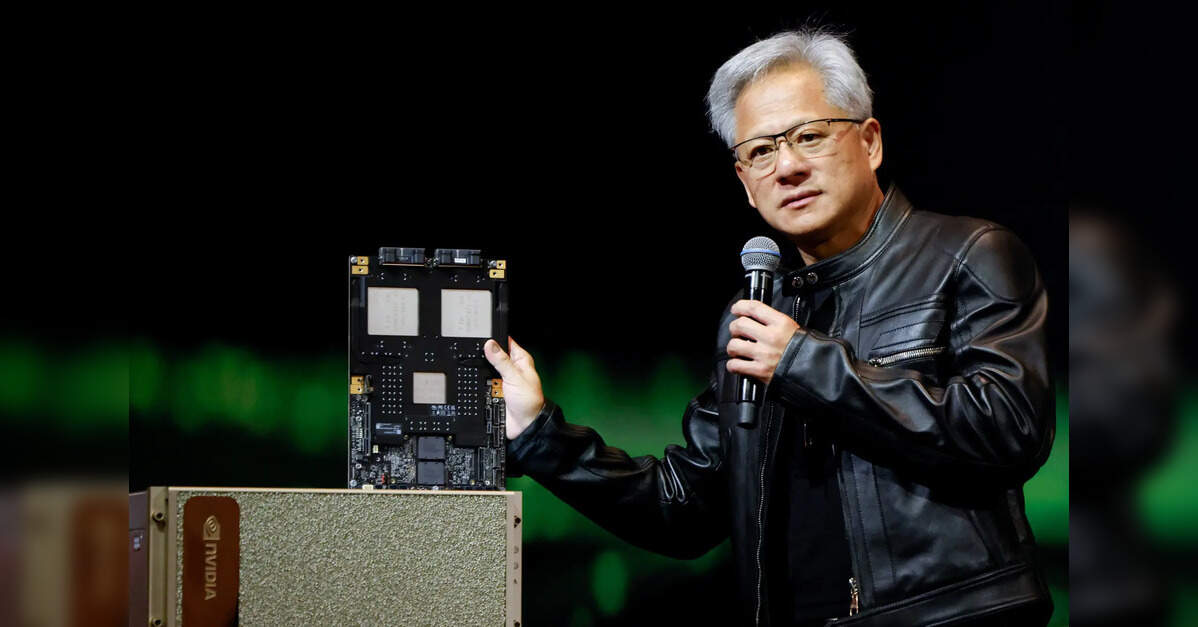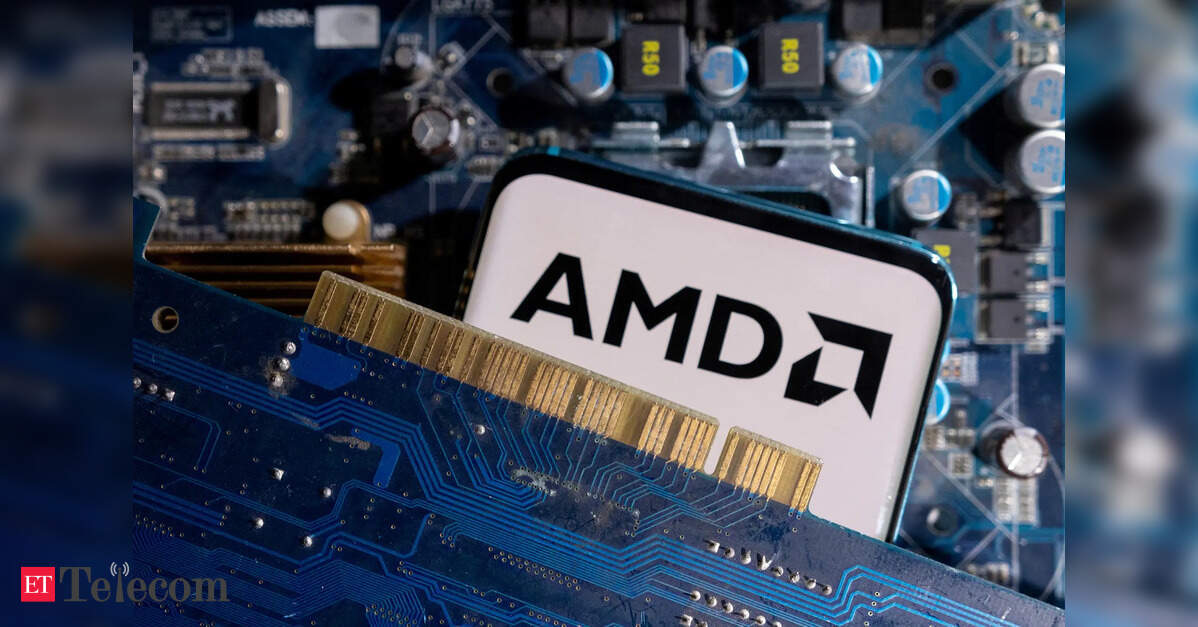Nvidia's Sovereign AI Initiative Gains Support from EU Leaders

Nvidia CEO Jensen Huang has been a prominent advocate for the concept of 'sovereign AI' since 2023, urging regions to develop and control their own artificial intelligence infrastructure. This vision has resonated strongly with European leaders, who are increasingly concerned about the continent's dependency on a handful of major U.S. technology companies for cloud infrastructure and AI capabilities. British Prime Minister Keir Starmer, French President Emmanuel Macron, and German Chancellor Friedrich Merz have all expressed commitment to enhancing Europe's AI capabilities and digital sovereignty, announcing significant funding and initiatives.
Huang's recent tour of European capitals, including London, Paris, and Berlin, served to highlight the region's lack of robust AI infrastructure. During his visit, he announced various projects and partnerships, emphasizing the need for Europe to accelerate its AI development. In France, AI company Mistral has partnered with Nvidia to establish a data center utilizing 18,000 of the latest Nvidia AI chips in its initial phase, with plans for expansion by 2026. This collaboration aims to provide a homegrown alternative for European companies' AI needs. Similarly, Nvidia has laid out plans to build an AI cloud platform in Germany with Deutsche Telekom, which Chancellor Merz described as a crucial step for Europe's economic future and digital independence.
The European Union has further reinforced this ambition, announcing plans in February to construct four 'AI gigafactories' at an estimated cost of $20 billion. These facilities are intended to reduce reliance on U.S. firms, and discussions with Huang have indicated Nvidia's willingness to allocate some chip production to Europe for these factories. Nvidia's Graphics Processing Units (GPUs) are fundamental for building AI data centers globally, and the push for sovereign AI in Europe could significantly reshape the tech landscape, benefiting domestic cloud providers, AI startups, and chipmakers through new government funding and a shift towards in-region data infrastructure, while simultaneously cementing demand for Nvidia's core technology.
However, the pursuit of sovereign AI in Europe faces substantial challenges. High electricity costs and rapidly increasing demand pose a significant strain on energy sourcing for data centers. While data centers currently account for 3% of EU electricity demand, their consumption is projected to rise sharply due to AI. Furthermore, European companies like Mistral, despite raising over $1 billion, operate with a fraction of the capital US hyperscalers—large data-center operators—spend quarterly. As Pascal Brier, Chief Innovation Officer at Capgemini, noted, US hyperscalers invest $10-15 billion per quarter in infrastructure, highlighting a considerable financial gap. Despite these hurdles, the drive for European AI champions continues, even if it means combining domestic AI models with those from global players like OpenAI, Anthropic, and Meta Platforms.












